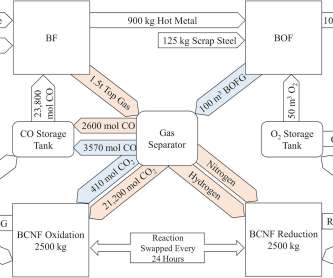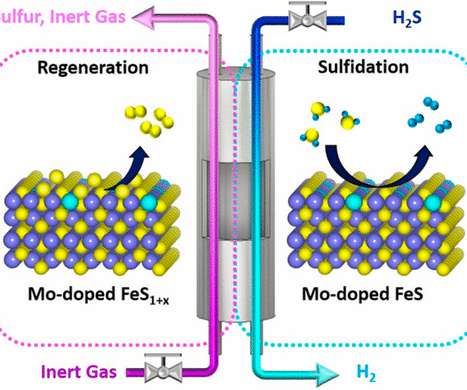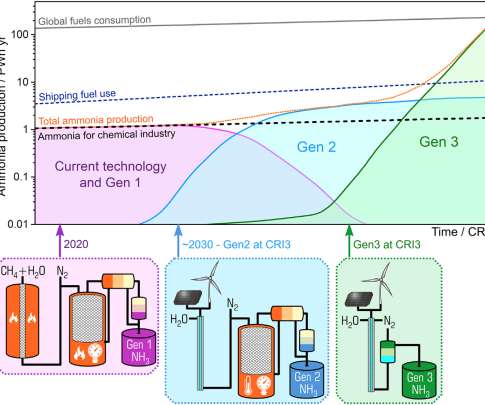DOE awards $2M to Ohio University to develop products for energy storage and motors from coal waste
Green Car Congress
MARCH 3, 2023
The Department of Energy (DOE) is funding six research and development projects that will repurpose domestic coal resources for high-value graphitic products and carbon-metal composites that can be employed in clean energy technologies. Understanding ultra-conductive carbon metal composite wire for electric motors.









































Let's personalize your content